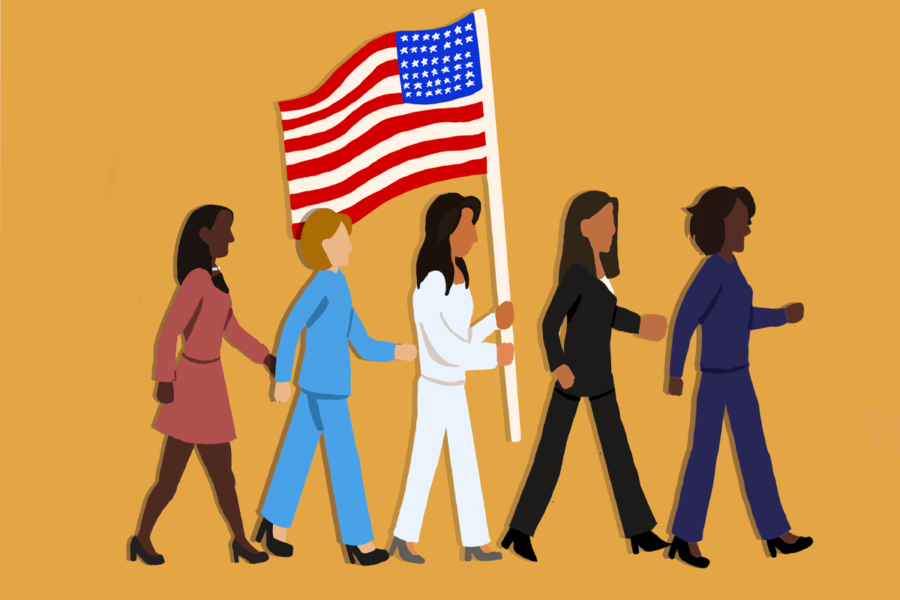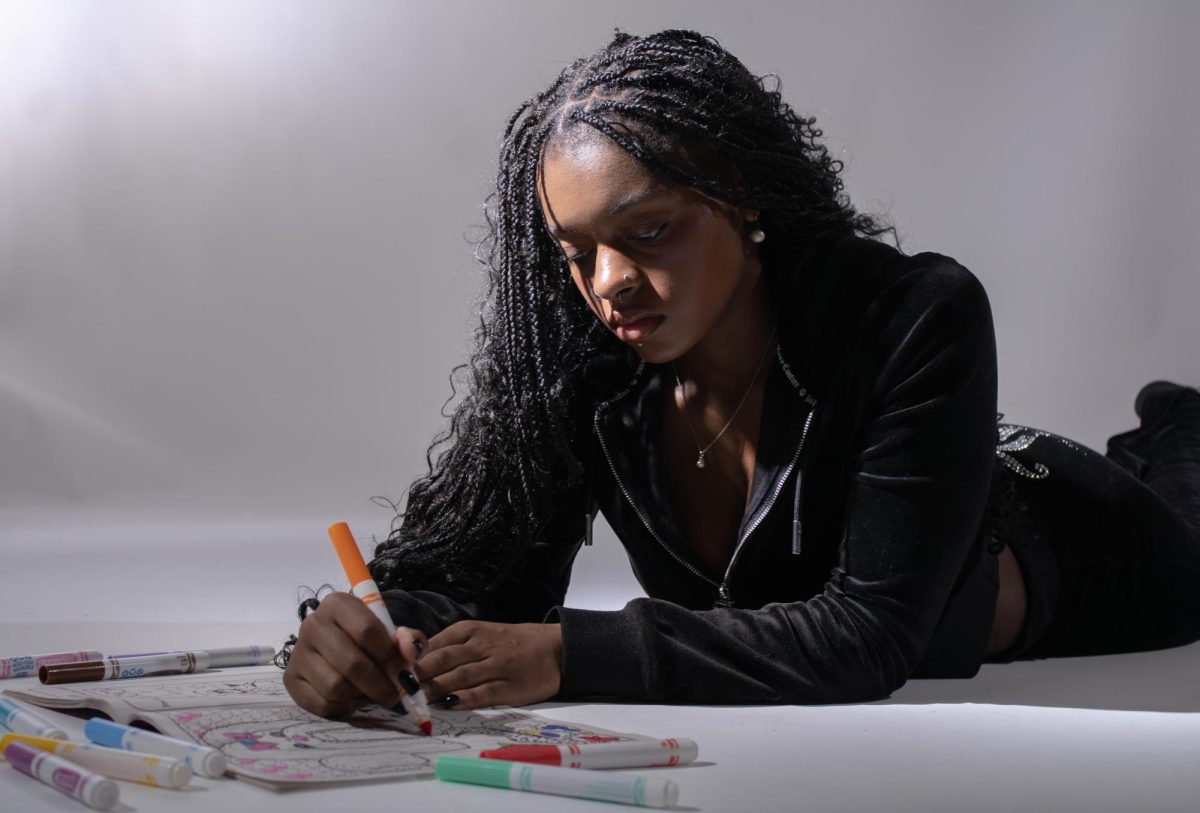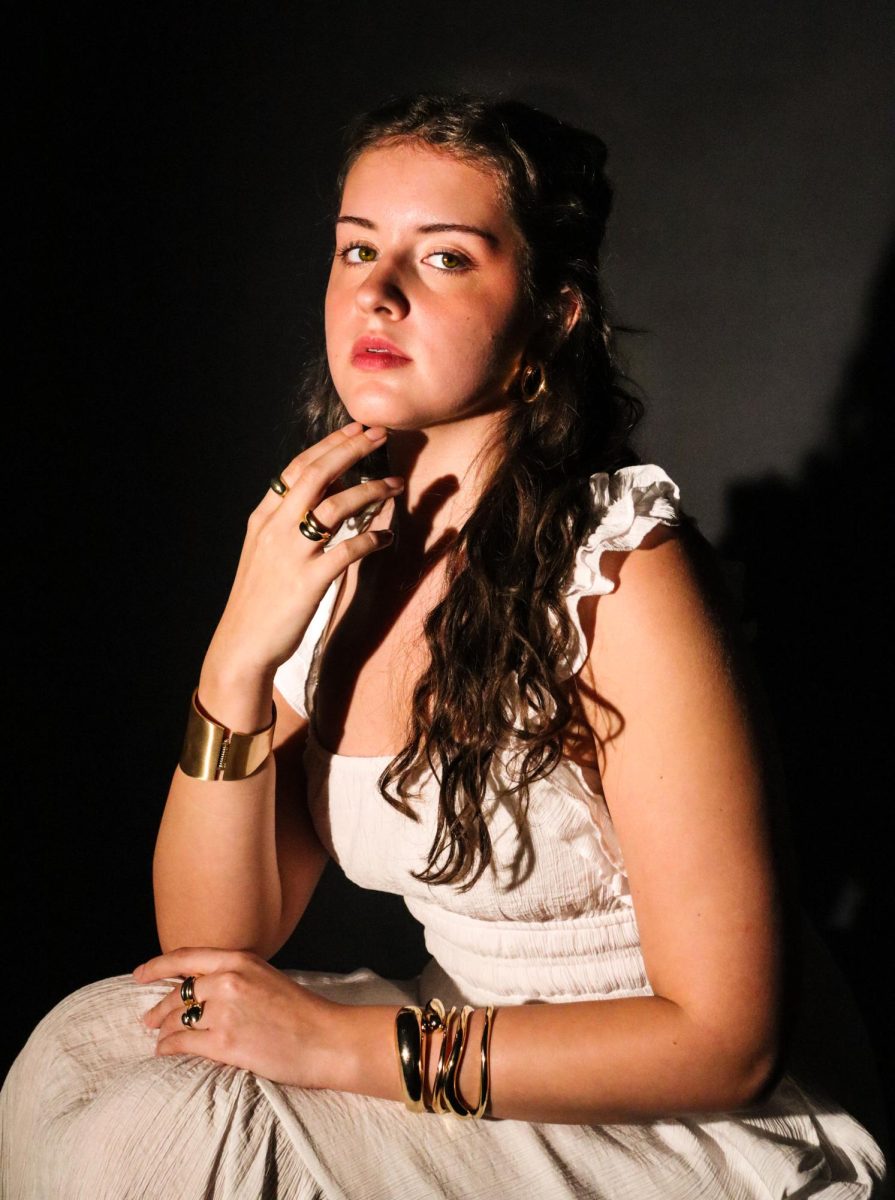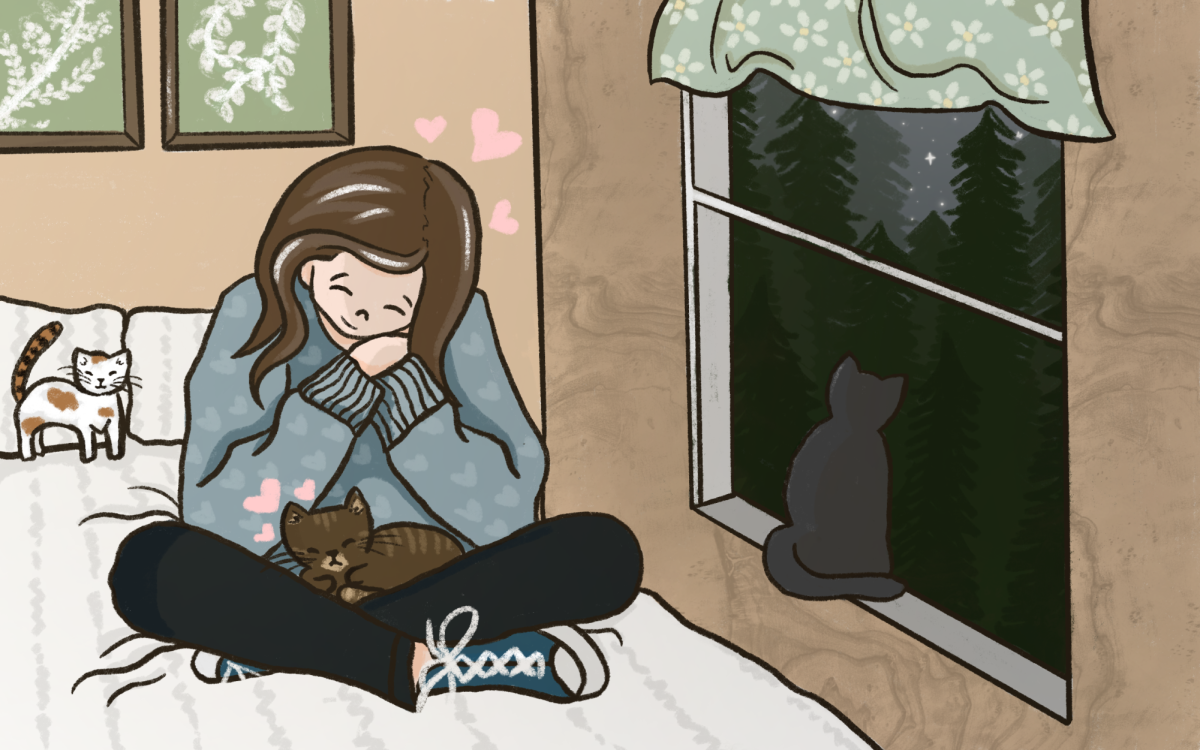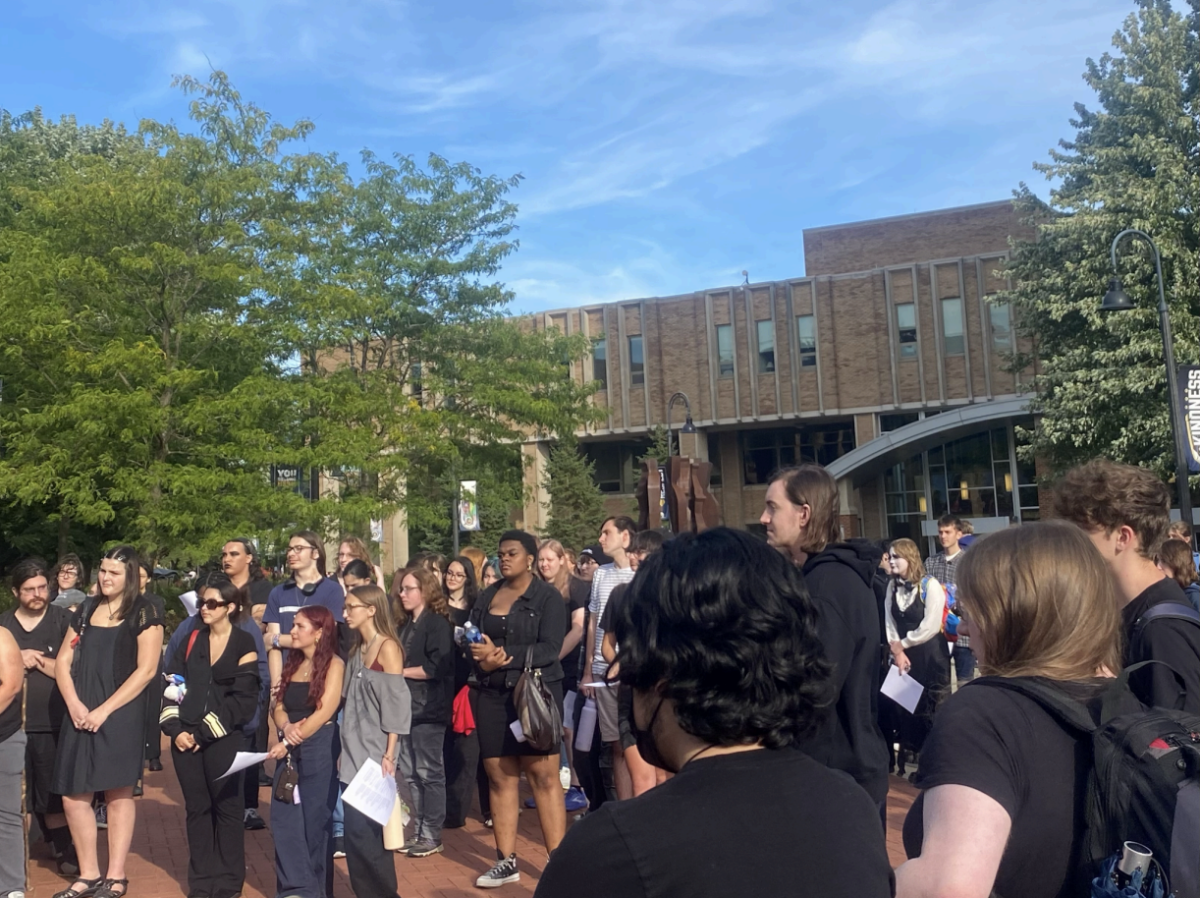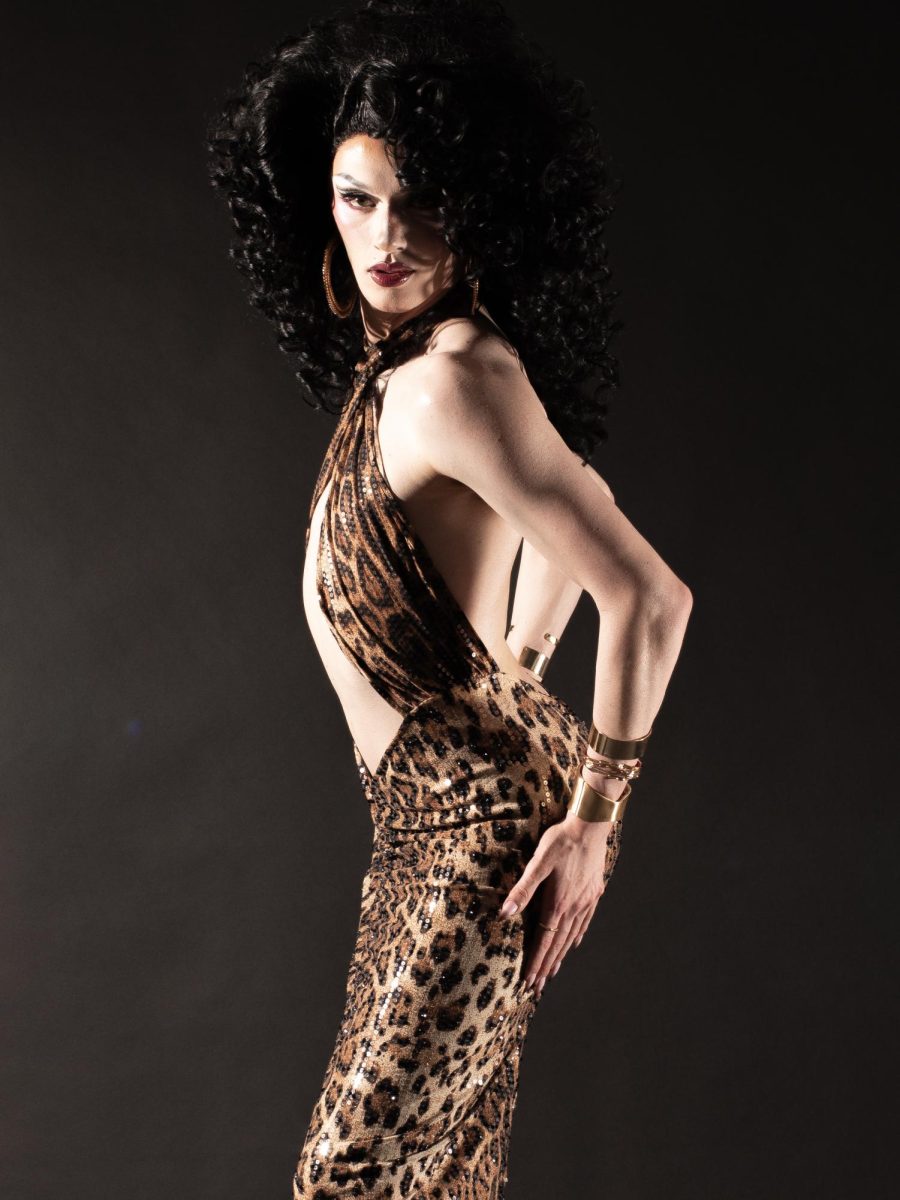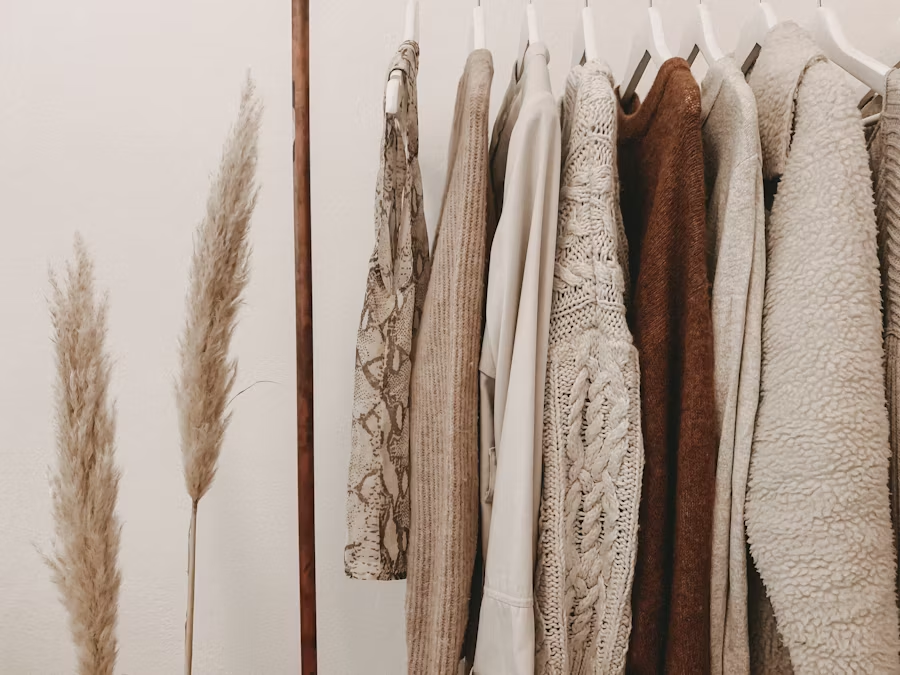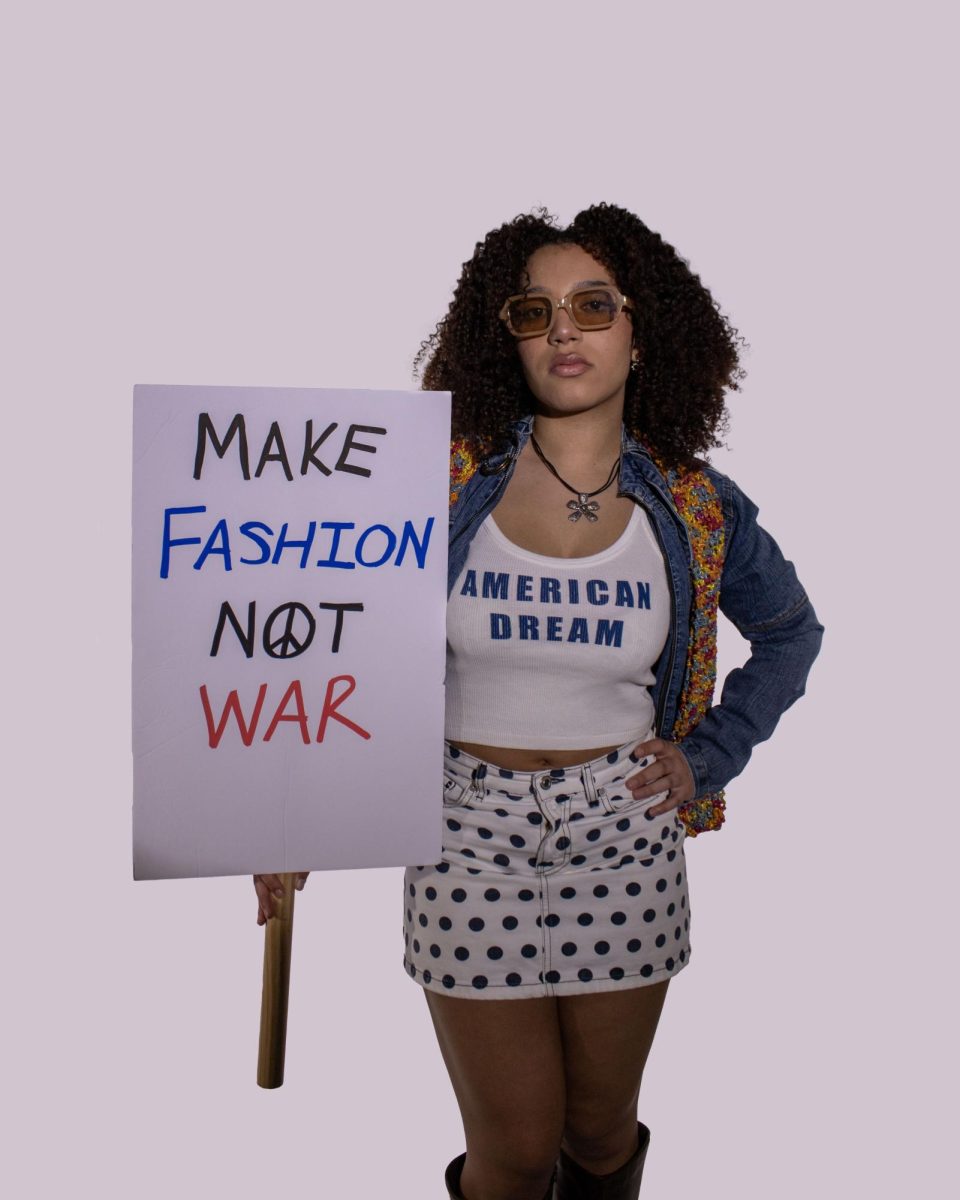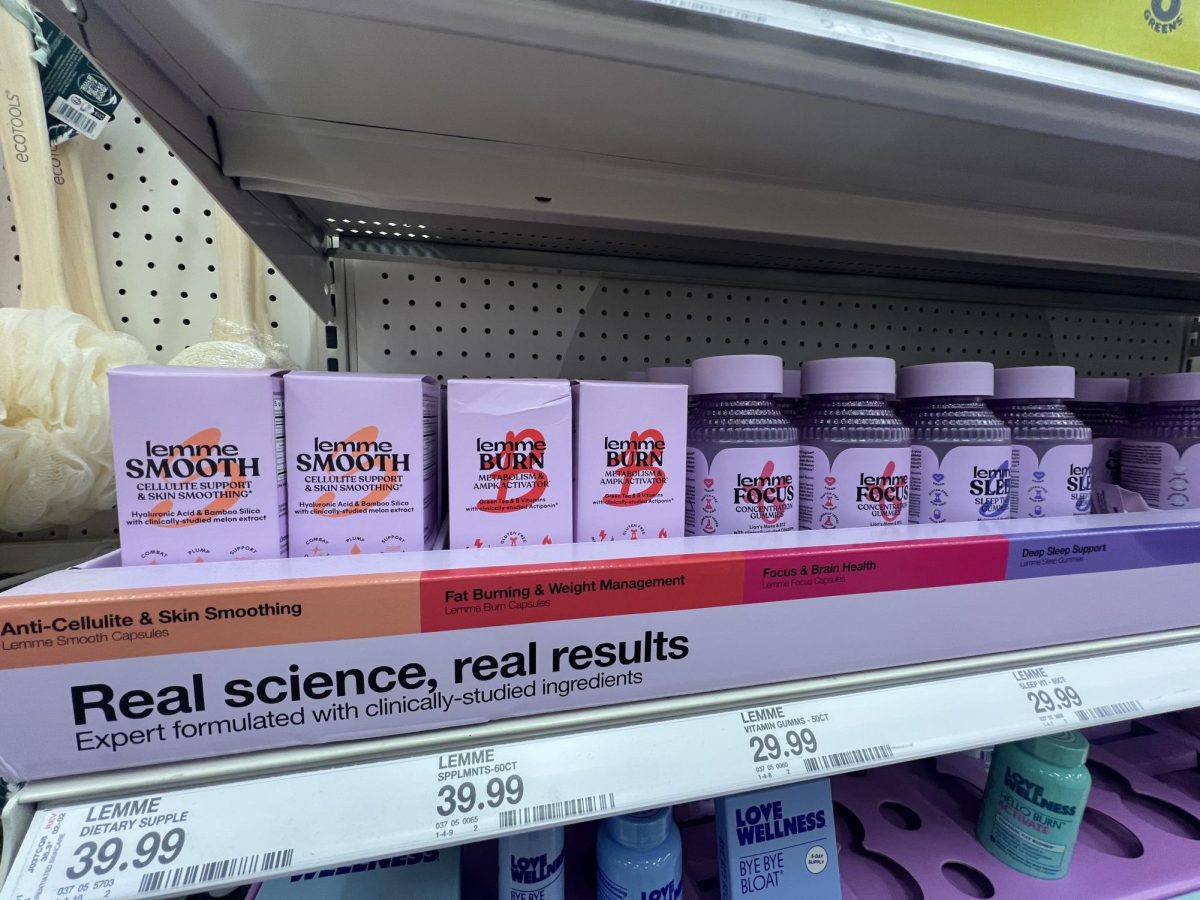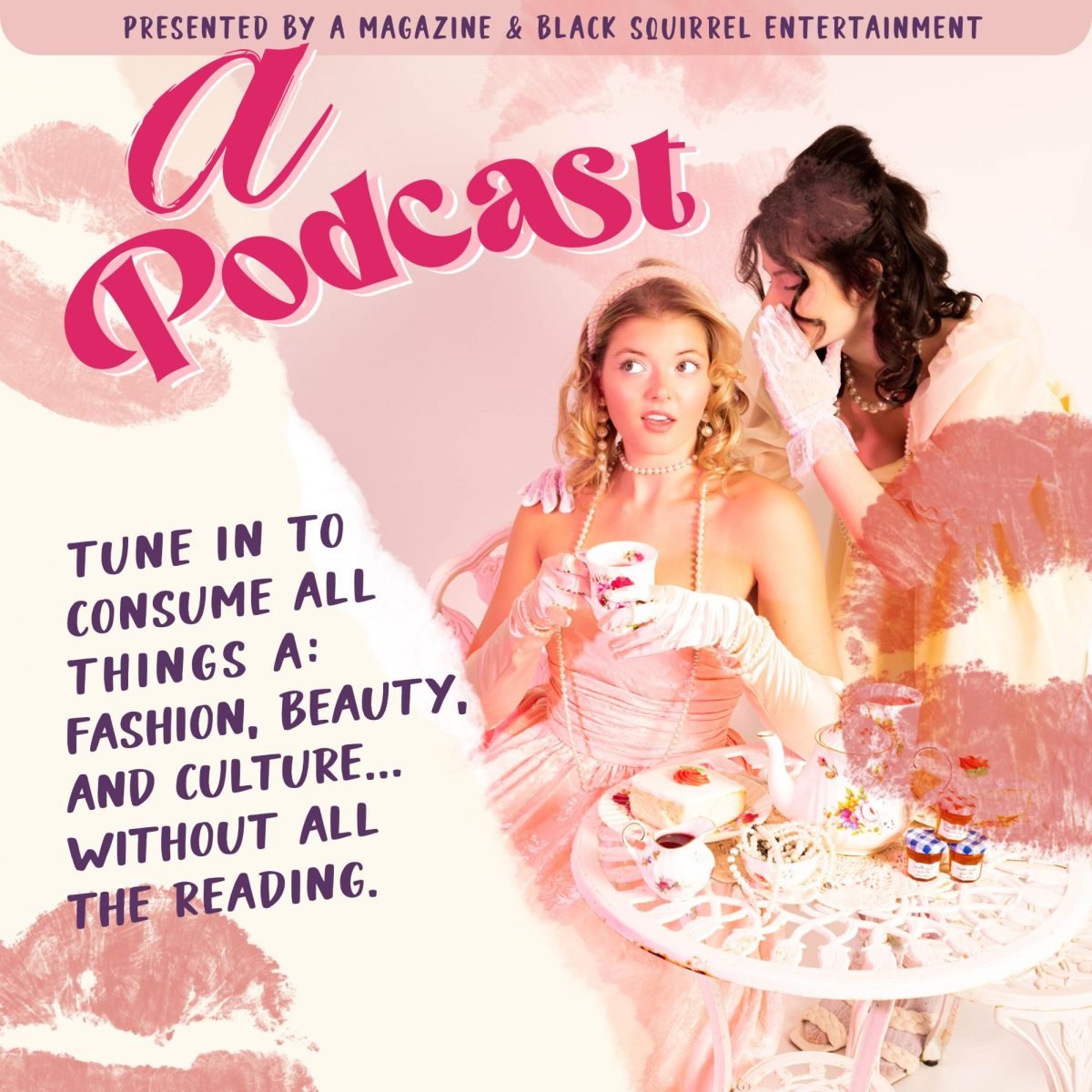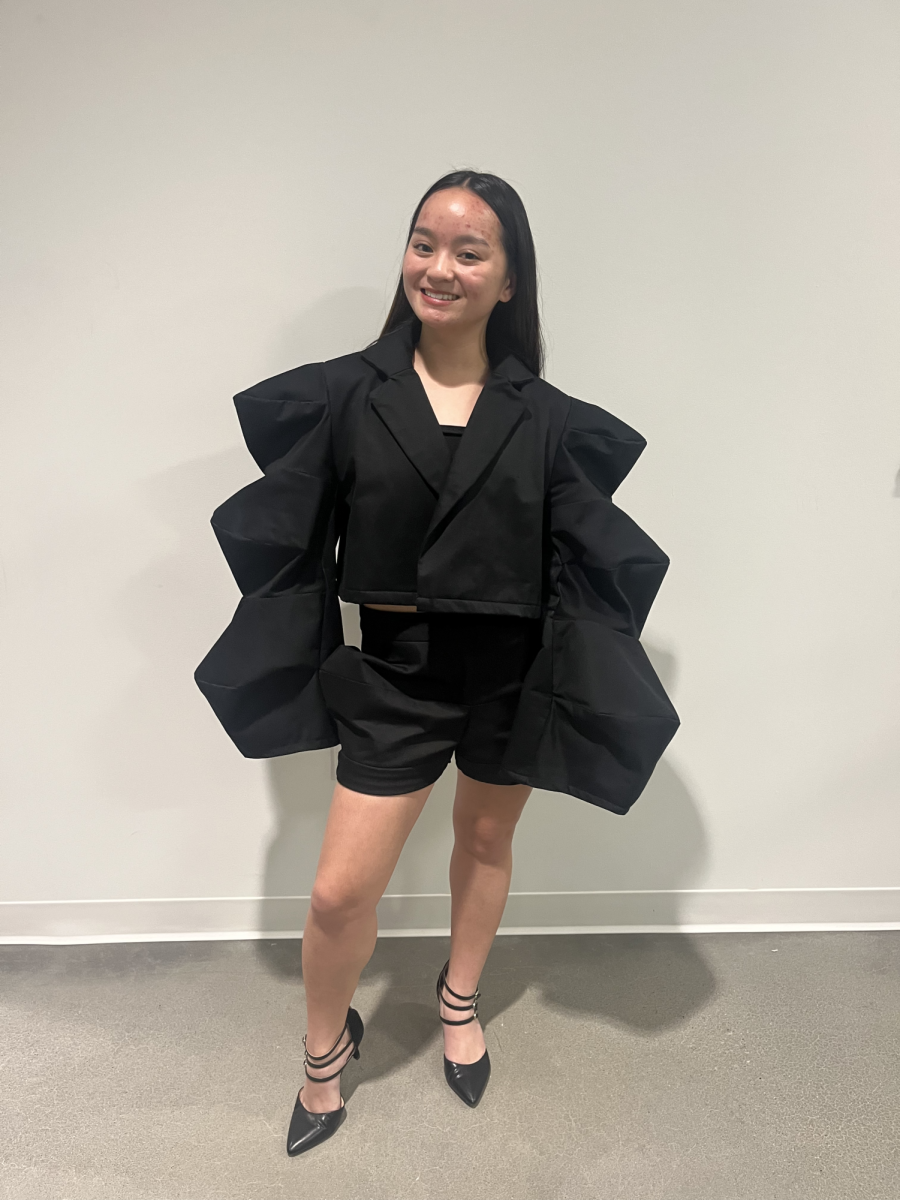Have you ever scrolled through your Twitter feed and noticed a woman politician being slandered for their fashion choices? If you answered no, then you are simply lying to yourself. All around us, women politicians are being judged, not on what they have to say, but what they decide to wear. Keep in mind, every woman politician wears the appropriate formal attire for their job position, yet they are still judged on it. We’ve seen women being degraded all throughout history, and this is just another version of the discrimination we face every day as women.
These women are extremely intelligent and have a lot to contribute to any conversation, yet the media does not always seem to realize this. There are entire articles written by credible newspapers like, The Washington Post or The New York Times that are solely written about a woman politicians’ clothes, which is completely unnecessary and adds nothing to a political conversation. Women are so much more than what they look like, yet our misogynistic society continues to degrade women by only focusing on their looks. Our generation could possibly change this by getting out and voting in the primary elections. We have much more power than we think in the government but the only way to show that is by voting.
Alexandria Ocasio-Cortez, the young woman of color who is also a democratic socialist, went through a lot of backlash in the beginning of her career in Congress. Ocasio-Cortez won her election by a 78% vote in her favor in her district, yet during her first Congressional events, she was mistaken as an intern or as a Congressman’s wife. After working hard for her position, she is degraded by the assumption that she is not in Congress. Along with this degradation she was also slandered on Twitter for her outfit choices. She has been very open about her struggles with money and after being pictured from the behind seemingly without her knowledge in a tailored black jacket, Eddie Scarry tweeted the picture with the caption, “Hill staffer sent me this pic of Ocasio-Cortez they took just now. I’ll tell you something: that jacket and coat don’t look like a girl who struggles.” The tweet was mostly memed and made fun of for its poor taste and bad intentions, but the nature of the tweet aligned with everything that Ocasio-Cortez has gone through since entering the congressional world. As a young woman of color who struggles with money, she is on the far end of the minorities in Congress and is reminded of that daily. If she was a white male in Congress, the odds would be very much in her favor and she most likely would not have gone through this criticism.
Hillary Clinton has also experienced her fair share of outfit defamation in the media, especially while running for president in the 2016 election. She would end up giving a speech and instead of being remembered for her knowledgeable words she was remembered for her outfit choices. She would be made fun of for her clothes and the seemingly exotic colors she chose to dress in, until she learned how to bore the media into not caring. She changed her look to pantsuits for every appearance; the conversation of her wardrobe became boring to report on, so the media started to focus on her as a presidential candidate. But before Clinton learned how to work the media she had many wardrobe “scandals,” like in 2007 when she was scrutinized for the neckline of her blouse under her suit jacket. Her shirt was cut a little bit lower than normal and showed a bit of her cleavage and the media went crazy.
The Washington Post wrote an entire article on it with the first sentences reading, “There was cleavage on display Wednesday afternoon on C-SPAN2. It belonged to Sen. Hillary Clinton.” The rest of the article goes on to over exaggerate the meaning behind the cleavage and the implication of a senator showing cleavage. A woman’s neckline should not determine her provocativeness, yet Clinton’s blouse being cut slightly lower than usual forced the media into a frenzy of sex shaming.
Laura Boldrini, who is the speaker of Italy’s Chamber of Deputies has gone through a very unique, especially disturbing story of being criticized on social media. She was not made fun of for her clothing choices, rather harassed for her political position. She decided to stand as a candidate for the small Left Ecology Freedom party and that is when the harassment started.
She received videos of her face superimposed on a woman being raped along with thousands of misogynistic insults, threats and images. Along with that, Grillo’s blog, a blog created by Beppe Grillo, cofounder of the Five Star Movement political party in Italy, had only increased the number of threats. Especially with their video depicting a man talking to a cut-out of her with the title, “What would you do alone in a car with Boldrini?” Boldrini was harassed so much that she feared for her daughter’s safety as well as her own. Simply because of her political stance, she was harassed and threatened, but if we take a step back and look at the situation, if she was a man in politics, she would not be being threatened by rape. What happened to her is a perfect example of how women in politics are treated as the minority and degraded for their position of power.
With the primary elections coming up in Ohio, voting is more important than ever. Many young people don’t believe their vote makes a difference, but every vote counts and every vote is important. If everyone from our generation voted, we could make a real difference in this upcoming election. The turnout for young people voting has historically been disappointing. According to the United States census data in the 2014 elections, less than 20% of young people voted, which is the lowest rate ever. Recently, the younger generation voting has been on an upward trend. Based on the data by Tufts’ Center for Information & Research on Civic Learning and Engagement, 28.2% of young people nationwide got out and voted in the 2018 elections. We need to continue that trend and vote in the primary elections.
I am especially calling on women to vote. We are one of the minority groups in politics and many women politicians are treated unfairly simply because of their gender, but with more representation in office, we could change that.
Support Student Media
Hi, I’m Maria McGinnis, a senior journalism student from Stow, Ohio. I’m also the editor in chief of A Magazine. My staff and I are committed to bringing you the most important and entertaining news from the realms of fashion, beauty, and culture. We are full-time students and hard-working journalists. While we get support from the student media fee and earned revenue such as advertising, both of those continue to decline. Your generous gift of any amount will help enhance our student experience as we grow into working professionals. Please go here to donate to A Magazine.

